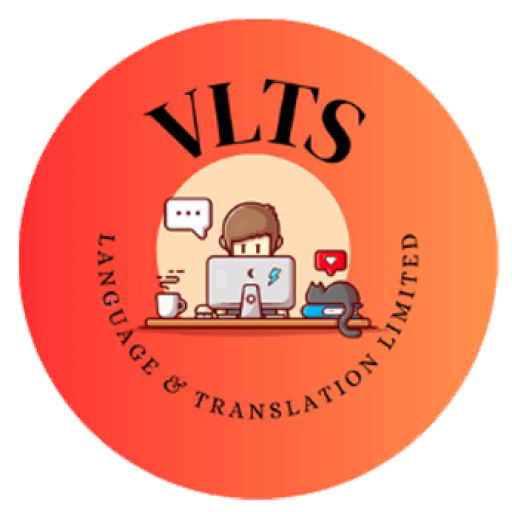Reading Comprehension
Reading comprehension is a fundamental skill that is crucial for academic success and lifelong learning. It involves the ability to understand, interpret, and evaluate written text. This essay will explore the various aspects of reading comprehension, including its importance, strategies for improving it, and the role of background knowledge in comprehension.
Importance of Reading Comprehension
Reading comprehension is essential for acquiring knowledge, expanding vocabulary, and developing critical thinking skills. It is the foundation for success in all academic subjects, as well as in professional and personal life. Proficient reading comprehension enables individuals to extract information from various sources, including textbooks, articles, and online resources. Moreover, it allows readers to engage with complex ideas, analyze arguments, and make informed decisions based on evidence.
Furthermore, reading comprehension is closely linked to academic achievement. Students who struggle with comprehension may experience difficulties in understanding instructions, completing assignments, and performing well on assessments. In contrast, strong comprehension skills are associated with higher scores on standardized tests, improved writing abilities, and enhanced overall academic performance.
Strategies for Improving Reading Comprehension
There are several strategies that can help individuals improve their reading comprehension. These strategies can be applied by students, educators, and parents to support the development of this critical skill.
Firstly, it is important to activate prior knowledge before reading a text. This involves connecting new information to what the reader already knows about the topic. By making connections to personal experiences, other texts, or world events, readers can better understand and retain the material they are reading.
Secondly, effective readers often engage in active reading, which includes highlighting key points, asking questions, and making predictions while reading. These strategies encourage readers to interact with the text and monitor their understanding as they progress through the material.
Additionally, building vocabulary and word recognition skills is essential for comprehension. Readers who are unfamiliar with the vocabulary in a text may struggle to grasp its meaning. Therefore, educators can support students in expanding their vocabulary through explicit instruction and exposure to a wide range of texts.
Moreover, teaching comprehension strategies explicitly, such as summarizing, visualizing, and making inferences, can empower students to become more proficient readers. These strategies provide readers with tools to extract meaning from text, identify main ideas, and make connections between different parts of a passage.
Furthermore, fostering a love for reading through independent reading and access to a variety of texts can contribute to improved comprehension. When individuals are motivated and engaged in reading, they are more likely to invest the effort needed to understand and analyze the material.

The Role of Background Knowledge in Comprehension
Background knowledge plays a significant role in reading comprehension. It encompasses the reader’s prior experiences, exposure to diverse texts, and understanding of the world. When individuals have relevant background knowledge about a topic, they are better equipped to comprehend and make sense of the material.
For example, a student who has learned about the solar system in science class will have an easier time understanding a text about space exploration. Their prior knowledge about planets, stars, and space missions provides a foundation for comprehending new information presented in the text.
Furthermore, background knowledge can fill in gaps and make implicit information explicit. Readers with background knowledge about a specific historical event, cultural practice, or scientific concept can infer meanings and connections that may not be explicitly stated in the text.
Moreover, educators can support the development of background knowledge by providing diverse learning experiences, incorporating multimedia resources, and exposing students to a wide range of topics and perspectives. By broadening students’ background knowledge, educators can enhance their ability to comprehend complex texts and engage with diverse subject matter.
In conclusion, reading comprehension is a multifaceted skill that is essential for academic success and lifelong learning. By understanding its importance, implementing effective strategies for improvement, and recognizing the role of background knowledge, individuals can enhance their ability to comprehend and engage with a variety of texts. Ultimately, strong reading comprehension skills empower individuals to navigate the complexities of the information age and become critical thinkers in a rapidly evolving world.


